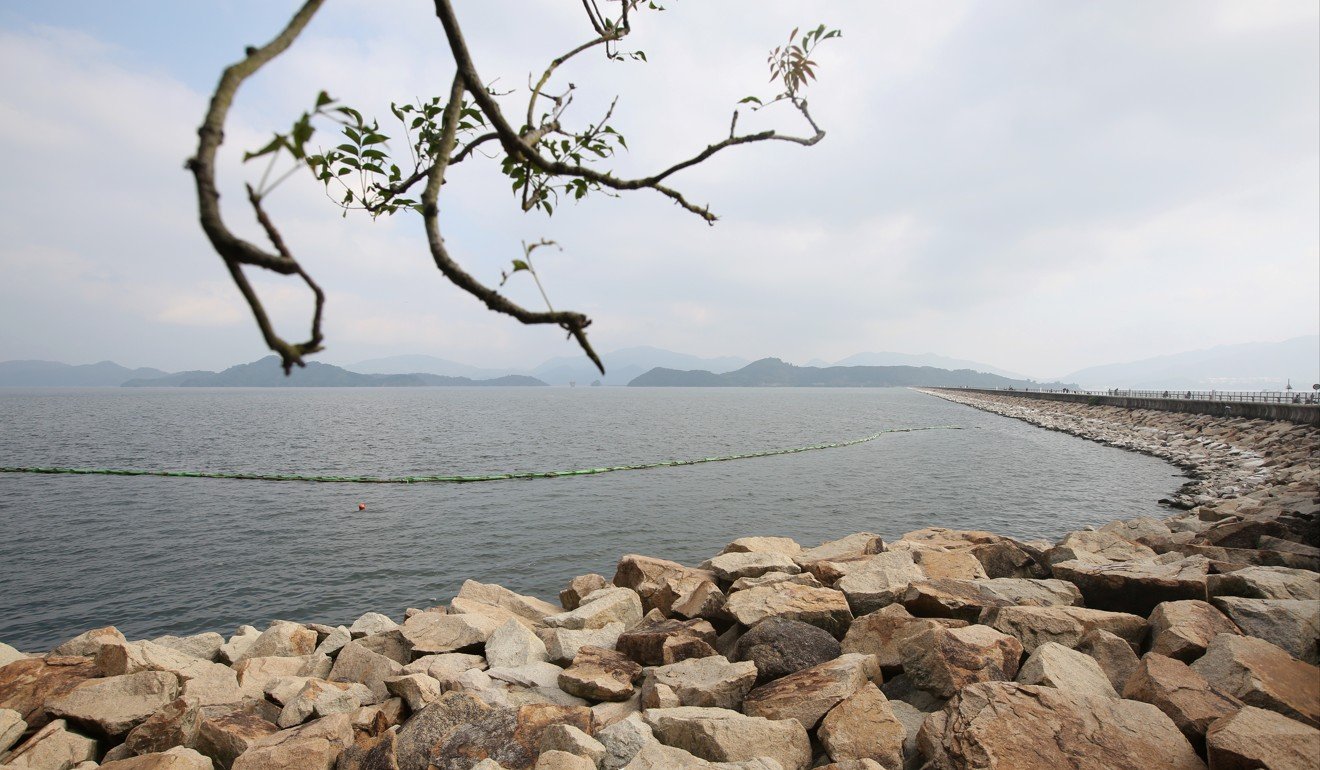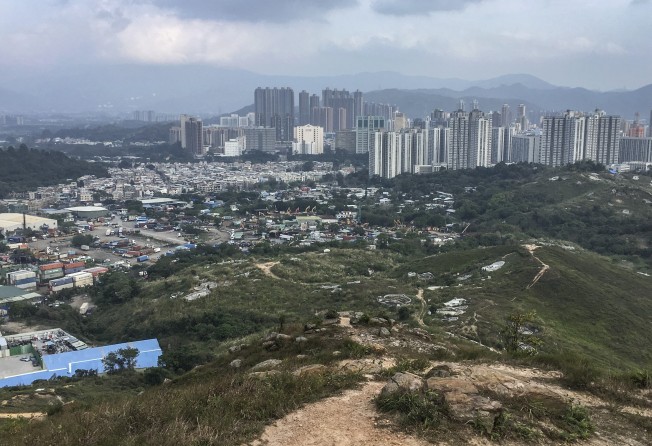
Let rural land leases expire if Hong Kong developers won’t build flats, report urges
Academics also call for more reclamation and say Plover Cove Reservoir should be filled in to create space for 300,000 homes

Leases on idle plots of privately held land in the New Territories should be allowed to expire by 2047 to prod landowners to develop instead of sitting on them, a study has argued.
The report by two University of Hong Kong real estate and planning academics also called for more large-scale reclamation works to create land for housing as opposed to “ad hoc” strategies such as redevelopment, rezoning, razing hillsides or building on the fringes of country parks.

The government aims to build 460,000 flats in the next decade but is already falling short of hitting that target.
Co-author Dr Chau Kwong-wing, director of the HKU Ronald Coase Centre for Property Rights Research, said such long-term strategies would help strengthen confidence in a “sustained stream of land supply” and curb panic and speculative buying.
“Most land in the New Territories will have their titles expire in 2047. If they are not developed or if they remain idle, the government should just take them back,” he said.
“It should not exercise its discretion to automatically renew their leases from another 50 years.”
Chau estimated there was about 1,000 hectares of such land.
“House prices continue to rise and flats are getting smaller and smaller,” he said. “The main reason is that there is not much that can be done any more in terms of increasing land supply.
“If we look at the historical development of Hong Kong, one very important measure to increase land supply was reclamation. This must be a long-term strategy.”
The Lands Department exercises discretion in renewing expired land leases as they did during the 1997 handover of Hong Kong to Chinese rule, when all leases due to expire that year were extended for another 50 years, with annual government rent set at 3 per cent of rateable value.
But as the land is zoned for farming, the government must rezone it for housing. Developers would then face a hefty fee to convert their leases from agricultural to residential use.
Chau admitted that the government would have to recalibrate the land premium formula as it was now “too high” to incentivise any development.
The researchers also said there was a need for long-term strategic planning on boosting land supply that would include more land reclamation. Over 6,300 hectares of sea was reclaimed between 1950 and 2017 but slowed after the government banned reclamation in Victoria Harbour.
There is nothing lost. Human beings [are] also the centre of ecology
“The public has yet to hear any long-term policy for the future, say 20 to 30 years, production of land in possible locations,” co-author Professor Lawrence Lai Wai-chung said.
The pair suggested reclaiming Plover Cove Reservoir in Tai Po for “300,000 flats”. The environmental costs, Lai argued, were low because the original marine ecology had already been damaged when it was built in the 1960s.
“There is nothing lost,” he said. “Human beings [are] also the centre of ecology.”
But Dr Cheng Luk-ki, head of scientific research at Green Power, said the idea was “not well thought out” in terms of resource management, science or engineering.
“Sacrificing the reservoir will lower our water security and leave us more dependent and vulnerable to water supply disruptions in the Dongjiang [river basin],” he said. “Water gathering grounds discharge water into the reservoir. Replacing it with an urban settlement will increase flood risks.”
Ancillary facilities such as pipes, cables and phone lines would also have to be run through the nearby country park and roads would have to be expanded.
Paul Zimmerman of urban planning concern group Designing Hong Kong said setting deadlines on land lease could work but that the government had to first rezone all agricultural land for residential use.
“This would involve dealing with existing land users, villagers and sorting out inefficient and unsafe uses of land in the New Territories. They cannot avoid this simply by building in country parks or reclamation.”
The Real Estate Developers Association said it would study the proposals.